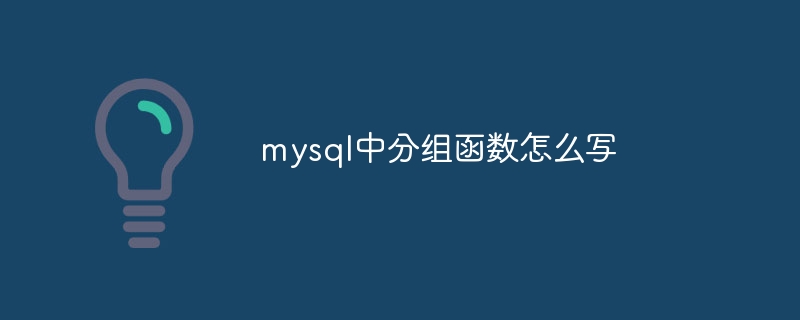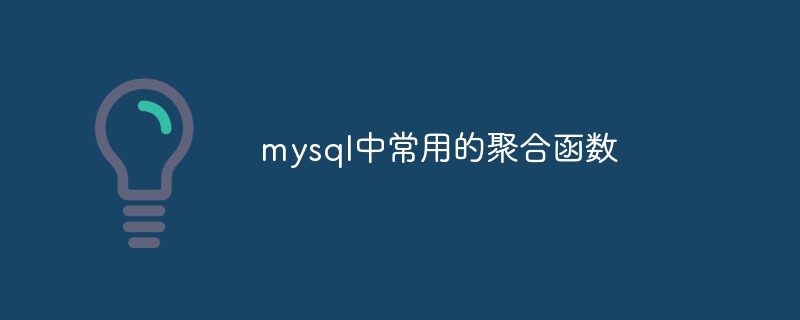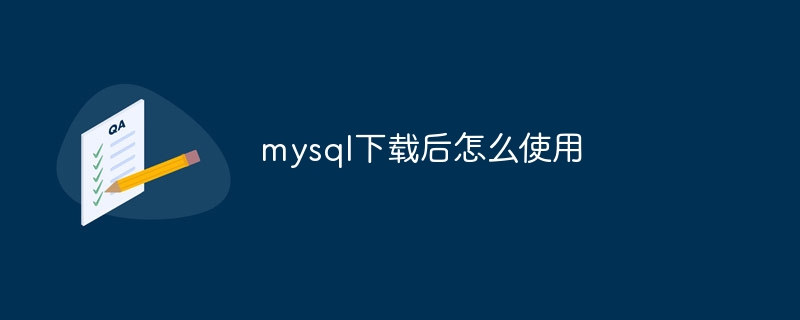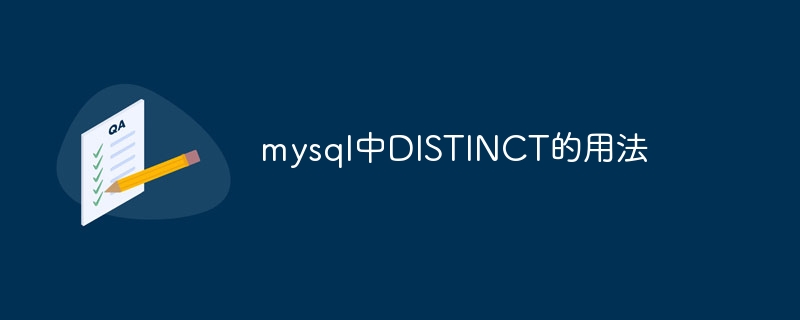MongoDB vs. Redis: Advantages Comparison
Overview of Advantages
MongoDB and Redis are both NoSQL databases, but in their functions and uses There is a difference. MongoDB focuses on document storage and querying, while Redis focuses on key-value storage and caching. Therefore, the advantages of MongoDB are mainly reflected in the following aspects:
1. Document storage and query
- Flexible data structure:MongoDB allows the storage of flexible and nestable documents containing a variety of data types such as arrays, objects and subdocuments. This makes it ideal for storing complex and relational data.
- Powerful query language: MongoDB provides the MongoDB Query Language (MQL), which allows users to query and aggregate data in an efficient and flexible way. MQL supports a rich set of operators and aggregate functions, making it ideal for handling complex queries.
2. Horizontal expansion and replication
- Data sharding: MongoDB allows data to be horizontally divided into multiple shards shards, which can be distributed across multiple servers. This improves database scalability and throughput.
- Replica Sets: MongoDB supports data replication using replica sets, where data is automatically replicated to multiple slave servers. This improves data availability and fault tolerance.
3. Rich index types
- Multi-level index: MongoDB supports the creation of multi-level indexes, allowing documents to be Nested fields in the query for efficient query.
- Geospatial Index: For geospatial data, MongoDB provides specialized indexes that support fast and effective regional queries and aggregations.
4. Aggregation framework
- Powerful aggregation pipeline:MongoDB has a built-in aggregation framework that allows users to Process and transform data declaratively. By using pipelines, users can perform complex aggregation operations such as grouping, filtering, and projection.
5. Specific application scenarios
- IoT data storage: MongoDB’s unstructured data storage capabilities and The horizontal scalability feature makes it particularly suitable for storing and processing large amounts of IoT data.
- Content Management System: MongoDB’s flexibility and query capabilities make it an ideal choice for a content management system (CMS) because it can efficiently store and manage complex content data.
- Real-time analysis: Using MongoDB's aggregation framework, users can quickly and efficiently perform real-time analysis and visualization without having to extract data into other systems.
The above is the detailed content of What are the advantages of mongodb compared to redis?. For more information, please follow other related articles on the PHP Chinese website!
 聚合函数有哪些优缺点Dec 27, 2023 pm 02:23 PM
聚合函数有哪些优缺点Dec 27, 2023 pm 02:23 PM聚合函数的优点:1、性能优化;2、数据整合;3、数据分析;4、灵活性。聚合函数的缺点:1、数据失真;2、性能开销;3、可解释性;4、维护成本。聚合函数在数据库查询中发挥着重要的作用,它们提供了对数据的宏观视图,帮助用户快速获取数据集的整体信息。
 mysql中分组函数怎么写Apr 29, 2024 am 04:30 AM
mysql中分组函数怎么写Apr 29, 2024 am 04:30 AMMySQL 中的分组函数用于将数据集按分组计算聚合值。常用的函数有:SUM:计算指定列中值的总和COUNT:计算指定列中非 NULL 值的数量AVG:计算指定列中值的平均值MIN:计算指定列中的最小值MAX:计算指定列中的最大值
 mysql中常用的聚合函数Apr 27, 2024 am 09:03 AM
mysql中常用的聚合函数Apr 27, 2024 am 09:03 AMMySQL 聚合函数用于对数据组进行计算并返回单个值。常见的函数包括:SUM():求和COUNT():非空值计数AVG():平均值MIN():最小值MAX():最大值STDEV():标准差VARIANCE():方差GROUP_CONCAT():连接字符串CORR():相关系数REGEXP_REPLACE():正则表达式替换
 NumPy 进阶级:揭秘数据操作的奥秘Mar 30, 2024 pm 06:06 PM
NumPy 进阶级:揭秘数据操作的奥秘Mar 30, 2024 pm 06:06 PM广播与通用函数广播是NumPy的核心概念,它允许将标量或数组与具有不同形状的其他数组执行逐元素操作。通用函数(ufunc)是预定义的函数,应用于数组的每个元素。通过结合广播和ufunc,可以实现高效且简洁的数据操作。通用函数范例:矢量化乘法:np.multiply(A,B)元素比较:np.greater(A,B)数学运算:np.sin(x)高级索引与切片高级索引和切片提供了超出标准索引的灵活数据访问方式。布尔索引选择满足特定条件的元素,而花式索引和高级切片允许使用数组或列表索引多个轴上的元素。高
 group by在sql中的用法Apr 28, 2024 pm 09:15 PM
group by在sql中的用法Apr 28, 2024 pm 09:15 PMGROUP BY 语句用于按指定列对数据集进行分组,并将同组数据聚合。语法:SELECT 列名1, 列名2, ...FROM 表名GROUP BY 分组列名;它可以与聚合函数结合使用,例如 SUM、COUNT、AVG,对组内数据进行汇总。优点包括简化数据分析、识别模式趋势,以及提高查询性能。
 mysql下载后怎么使用Apr 05, 2024 pm 06:09 PM
mysql下载后怎么使用Apr 05, 2024 pm 06:09 PM下载 MySQL 并对其进行安装后,需要执行以下步骤以使用 MySQL:登录 MySQL。创建数据库。创建表。插入数据。查询数据。更新数据(如果需要)。删除数据(如果需要)。
 mysql中DISTINCT的用法Apr 26, 2024 am 04:06 AM
mysql中DISTINCT的用法Apr 26, 2024 am 04:06 AMDISTINCT 关键字用于从 MySQL 查询结果中去除重复行,仅保留唯一值。其用法包括:DISTINCT column_name:从指定列中去除重复值。DISTINCT(column_name1, column_name2, ...):从多个列的组合中去除重复值。
 Python Pandas 数据处理利器,新手入门必读!Mar 20, 2024 pm 06:21 PM
Python Pandas 数据处理利器,新手入门必读!Mar 20, 2024 pm 06:21 PMpandas是python中强大的数据处理库,专门用于处理结构化数据(如表格)。它提供了丰富的功能,使数据探索、清洗、转换和建模变得简单。对于数据分析和科学领域的初学者来说,掌握Pandas至关重要。数据结构Pandas使用两种主要数据结构:Series:一维数组,类似于NumPy数组,但包含标签(索引)。DataFrame:二维表,包含具有标签的列和小数。数据导入和导出导入数据:使用read_csv()、read_excel()等函数从CSV、Excel和其他文件导入数据。导出数据:使用to_


Hot AI Tools

Undresser.AI Undress
AI-powered app for creating realistic nude photos

AI Clothes Remover
Online AI tool for removing clothes from photos.

Undress AI Tool
Undress images for free

Clothoff.io
AI clothes remover

AI Hentai Generator
Generate AI Hentai for free.

Hot Article

Hot Tools

EditPlus Chinese cracked version
Small size, syntax highlighting, does not support code prompt function

VSCode Windows 64-bit Download
A free and powerful IDE editor launched by Microsoft

ZendStudio 13.5.1 Mac
Powerful PHP integrated development environment

MantisBT
Mantis is an easy-to-deploy web-based defect tracking tool designed to aid in product defect tracking. It requires PHP, MySQL and a web server. Check out our demo and hosting services.

SublimeText3 Chinese version
Chinese version, very easy to use






